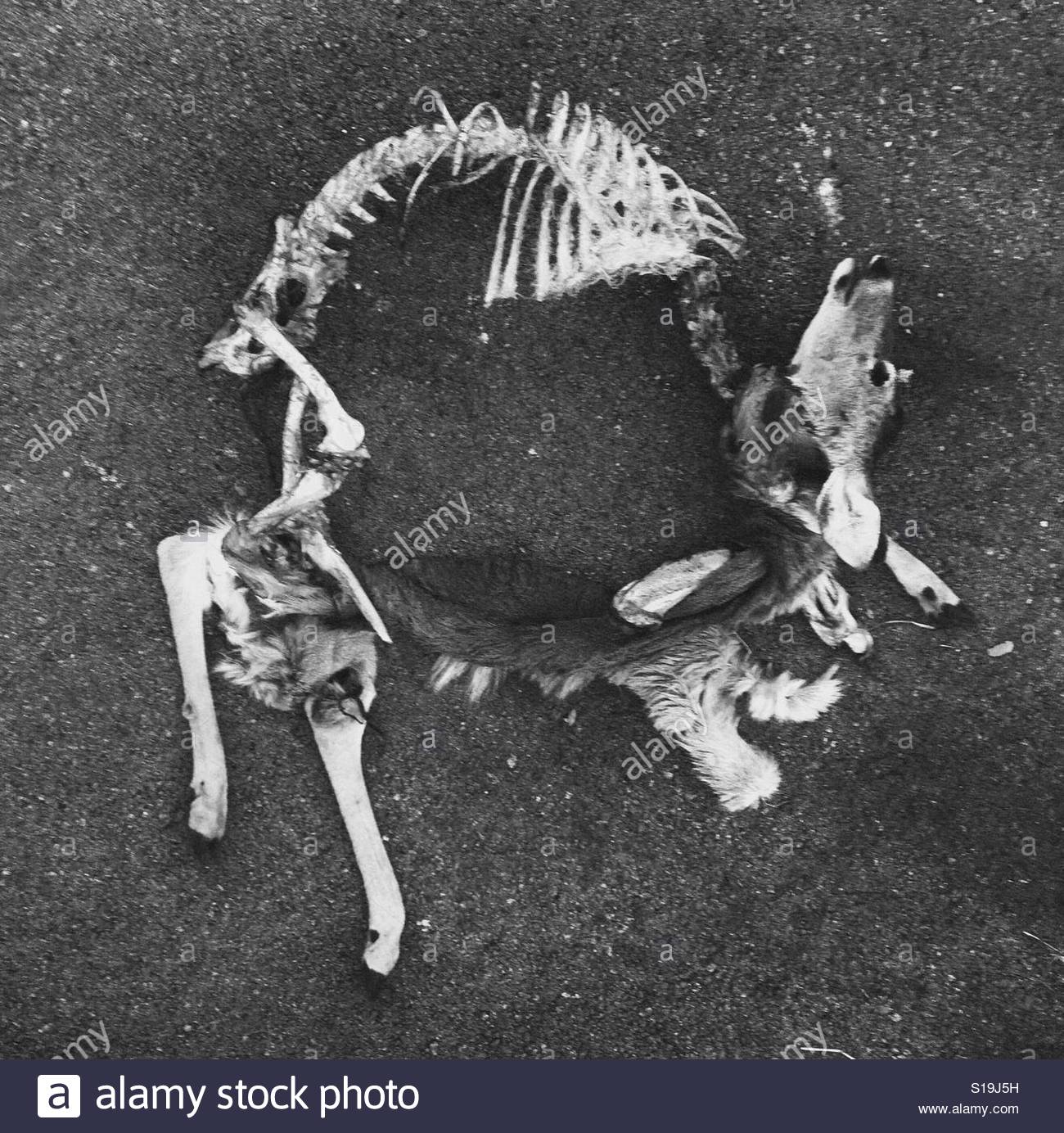Author WILLIAM T. CAVANAUGH
Publisher Wm. B. EERDMANS
ISBN 978-0-8028-4561-0
William Cavanaugh is a Roman Catholic Professor at DePaul University in Chicago. Some will not be so happy to read his writings because of that but this one hundred and three page book is readable, insightful and challenging. It’s four chapters deal with the subject of economics and Christian desire; in other words, the author is endeavoring to open up the issue of the free market capitalism that translates into a rampaging retail bondage that certainly does not set free. How can Christians live in a world increasingly dominated by consumerism? We have no choice but live in it, but how should we understand the way it ticks and how we ourselves are enticed into its values and ways. In the first chapter Cavanaugh looks at whether the free market is in fact free and argues that it is not. Chapter two points out forcibly how human beings are dominated by desire and shows how the realm of desire is engaged and becomes trapped in a free market capitalist society. We become attached and consume and consume, but we need to have a more transcendent view enabling us to have a degree of detachment from ‘things.’ The central celebration in the Christian Church, the communion in the body and blood of the Lord Jesus shows us the true way to consume. This is thought provoking to say the least. The third chapter seeks to give us a way to live life with both the global and the local in mind. We hardly take note of where something is made, or the human misery that is frequently involved in its making. Abuse is rampant, the power of global corporations that exploit the poor. Our eyes need to be opened so that our appetites are regulated by consideration of the other. The final chapter looks at the Christian life in Christ as one where we refuse to accept scarcity as being something the world must live with, serious adjustment of our lives will follow as we recognize cause and effect in this realm. Perhaps one thing to mention about this book is, helpful as it most certainly is, asking many questions, challenging many ‘givens’ in our increasingly westernized pagan society, it does not answer those questions in a full way, partly because the author is a Roman Catholic and answers from that perspective. But, having mentioned that caveat there is a fullness to feed on and ponder that makes the book a valuable one.





